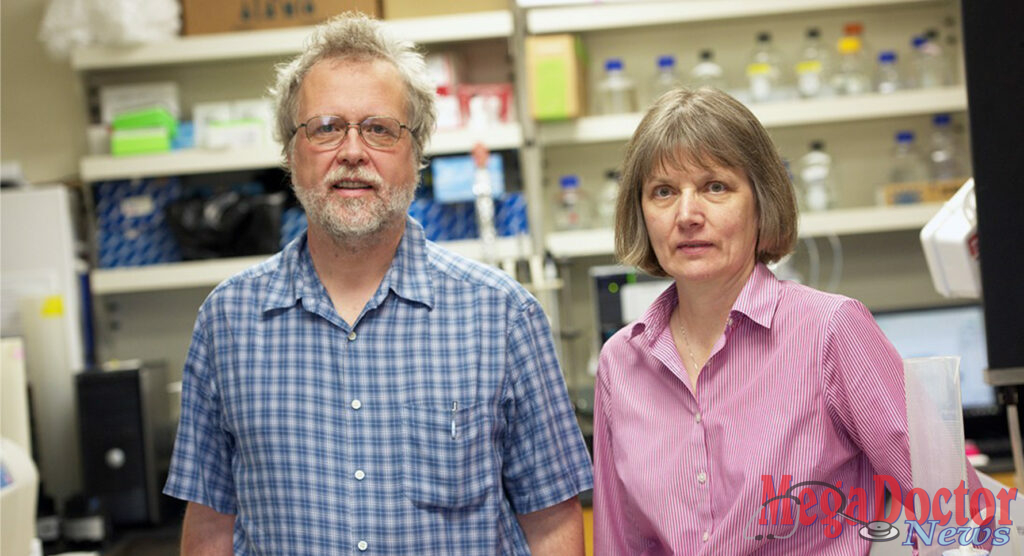Researchers find a way to deliver drugs directly to cancerous cells while reducing the toxic effects on the rest of the body

Mega Doctor News
Despite advances in early detection and treatment, 25 percent of the deaths in the United States occur as a result of cancer.
Antibody-Drug Conjugates, or ADCs, represent a promising treatment for cancer. An ADC is, as its name suggests, an antibody linked to a potent drug that can kill cells. The antibody is designed to bind to receptors on the outside of target cells and then carries the attached drug into the cell.
ADCs usually work well when the antibody attaches to receptors that are especially common on tumor cells. That way, the drug will primarily enter the cancerous cells, leaving the healthy cells alone.
However, despite improvements in ADC technology over the past 15 years or so, many ADCs have faced problems with atoxicity towards normal tissue during their use in clinical trials. This prompted Texas A&M College of Medicine and College of Engineering researchers to collaborate to engineer an ADC that will be more effective against tumor cells while not being as toxic to healthy cells.
Their work, which has been funded by the Cancer Prevention and Research Institute of Texas (CPRIT) and the National Institutes of Health, was published in the journal Nature Biotechnology.
“There is such a thing as a therapeutic window,” said E. Sally Ward, Ph.D., a research professor at the College of Medicine and joint corresponding author of the paper with Raimund Ober, Ph.D. “This is the difference between the amount of drug that is needed to kill the tumor cells and the amount that results in off-target toxicity towards normal cells. For effective ADCs, we want this window to be as large as possible.”
To accomplish that, Ward and her team created an ADC that is sensitive to pH levels so that it separates from its target receptor after it enters the cell. This allows for the reloading of the receptor with additional ADC and more effective delivery of the drug to target cells.
“This truly was an interdisciplinary project,” Ward said. “It has involved (bio)engineers and biologists using a combination of antibody engineering, microscopy, molecular modeling and studies in preclinical cancer models.”
The researchers have tested their ADC on both cell lines and in preclinical models. “In our models, there was three-fold more drug delivery than with the parent ADC that had not been engineered,” Ward said. “That means that we could use lower doses and still obtain therapeutic effects, which is expected to result in reductions in the toxicity towards normal cells.”
The ADC used in this study targets the receptor HER2, commonly present in breast cancers. Importantly, this approach to generate ADCs is a platform technology that is expected to work for many different types of tumors and tumor markers, from prostate cancer to cancers of the blood. “We hope this will be able to move into clinical trials and eventually help people with many different types of cancer,” Ward said.









